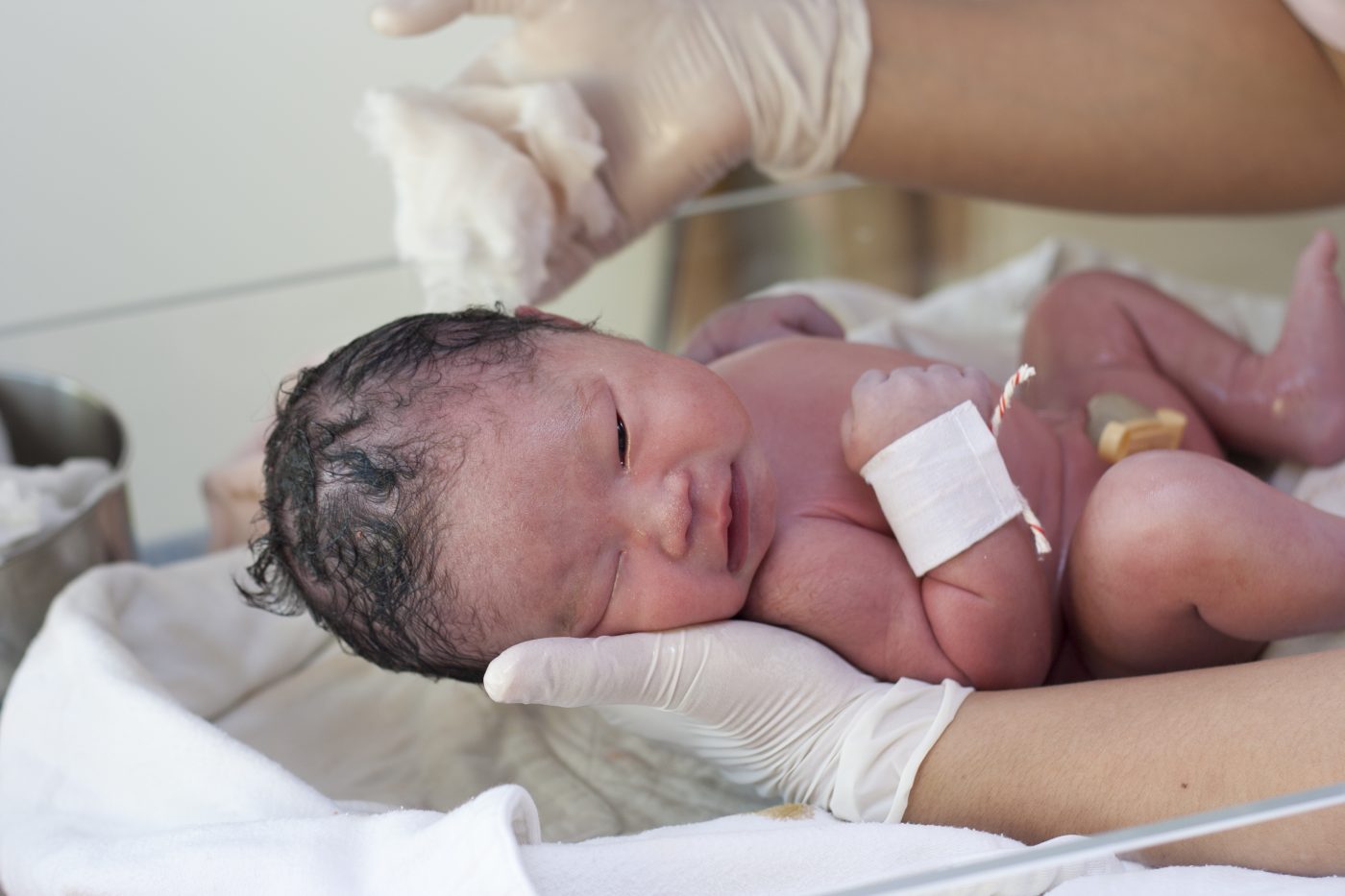Cord Blood Registry (CBR), the world’s largest newborn stem cell company, recently announced the launch of a Family Health Registry, a unique registry that offers insight into common conditions and diseases, and may lead to the discovery of stem cell therapies and possible cures. The Family Health Registry offers CBR a powerful data-driven resource with newborn stem cells of more than 100,000 families. With the official launch, CBR invites every family to be part of this initiative.
“CBR’s Family Health Registry creates a unique opportunity to provide access to vast amounts of family health data that will inform and advance stem cell therapy research,” said the President and Chief Executive Officer of CBR Geoffrey Crouse in a news release. “CBR is empowering families to take an active role in their family’s health monitoring and simultaneously support the advancement of stem cell medicine. CBR is now able to utilize health data from families to help identify and focus research on common diseases and conditions that may be treatable through newborn stem cell therapy,”
CBR’s Family Health Registry is an extension of the Newborn Possibilities Program, a project that offers free cord blood and newborn stem cell processing and five years of storage to families with a qualifying medical need (like leukemia and certain types of cancer, blood, immune or metabolic disorders, or specific medical conditions) .
Previously seen as a medical waste, umbilical cord blood is now considered a rich source of hematopoietic stem cells, the precursor cells that give rise to all the blood cell types (white blood cells, red blood cells, platelets, immune dendritic cells, immune T and B cells, among others). Umbilical cord blood cells have been employed in more than 35,000 transplants as a therapy for several life-threatening conditions, including hematologic malignancies and metabolic and immune disorders. Umbilical cord blood stem cells also are being evaluated in regenerative medicine applications. Currently in the United States, the therapeutic effect of umbilical cord blood stem cells is being tested in pediatric medical conditions like cerebral palsy (a disorder that results from abnormal development or injury to the brain regions that control movement, balance and posture), ischemic/hypoxic brain injury, autism, acquired hearing loss and hypoplastic left heart syndrome (a rare congenital heart defect in which the left side of the heart is critically underdeveloped).
CBR has a certified panel of genetic counselors that can: i) provide families with all the required information concerning newborn stem cells and their application as a therapeutic option, ii) screen and identify families who could benefit from cord blood banking, and iii) help families who are eligible to enroll in clinical trials regulated by the U.S. Food and Drug Administration (FDA). Interestingly, the information collected so far led CBR to estimate that a remarkable high number of families (around 1 in 7) have at least one medical condition that might benefit from stem cell transplantation and/or the use of stem cells in regenerative medicine therapies.
Non-Hodgkin’s lymphoma (18.9%) and Hodgkin’s lymphoma (17.7%) were among the most common transplant indications in first-degree family members. Lymphoma is a cancer that affects immune cells called lymphocytes, a type of white blood cell that defends the body from infections. The large majority of the cases are diagnosed as non-Hodgkin’s lymphoma (about 90%) and it is estimated that in 2015, almost 72,000 individuals will be diagnosed with the disease in the United States, resulting in approximately 20,000 deaths.
In terms of regenerative indications in children with stored umbilical cord blood, the most common were found to be autism (37.2%), developmental delays (26.5%) and congenital heart defect (15.8%).
“As president of the U.S. Women’s Health Alliance, an organization representing 1500 physicians caring for 8 million women nationwide, we recognize that for research in regenerative medicine to evolve, it will be important for our patients and their families who store cord blood to share health data. This information can help to influence what newborn stem cell clinical trials develop in the years to come,” concluded the President of the U.S. Women’s Health Alliance Dr. Jack Feltz.


